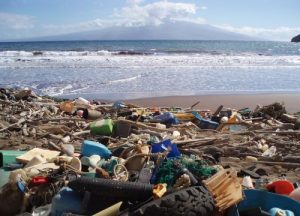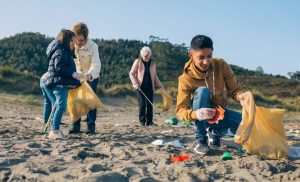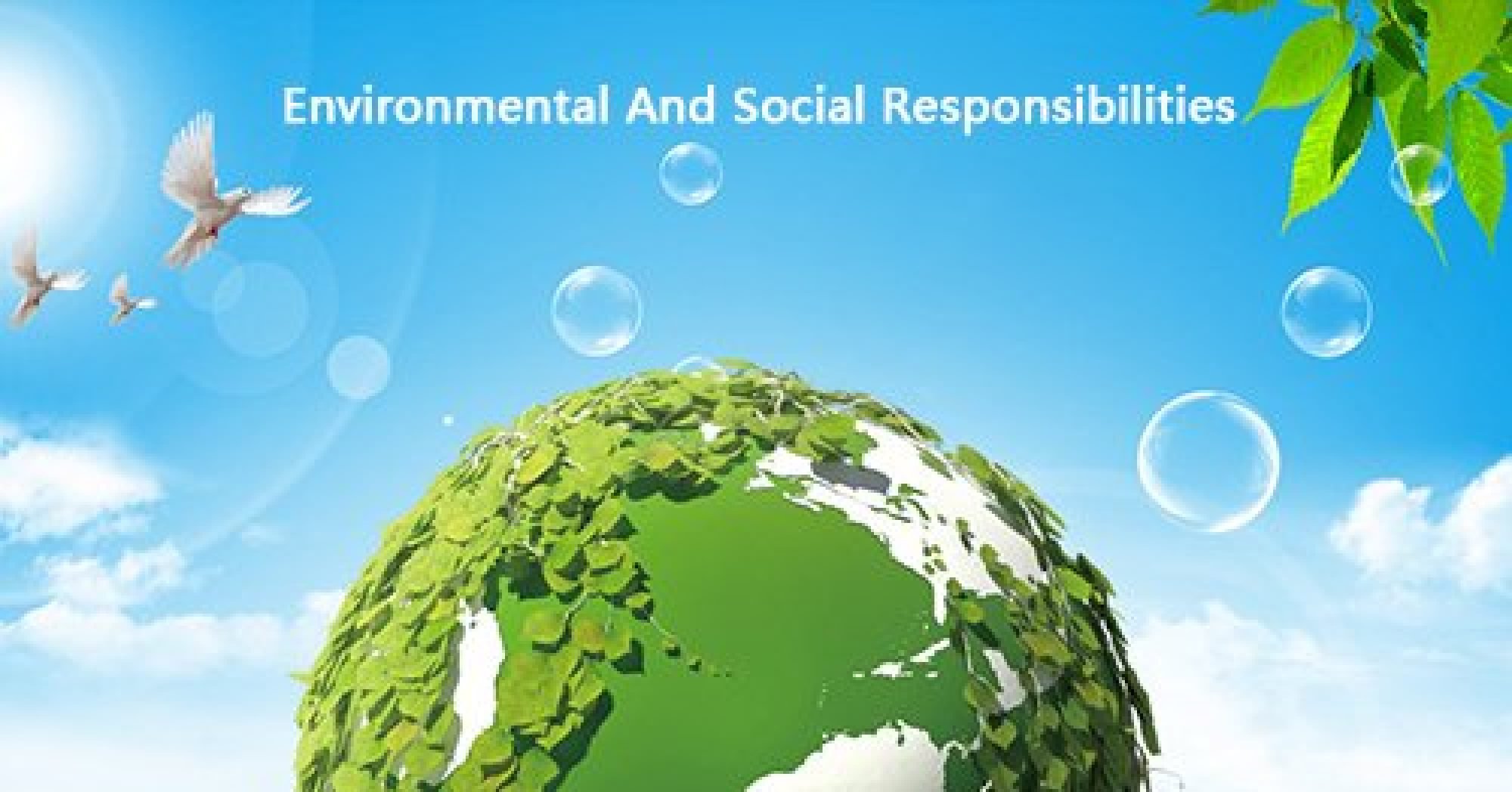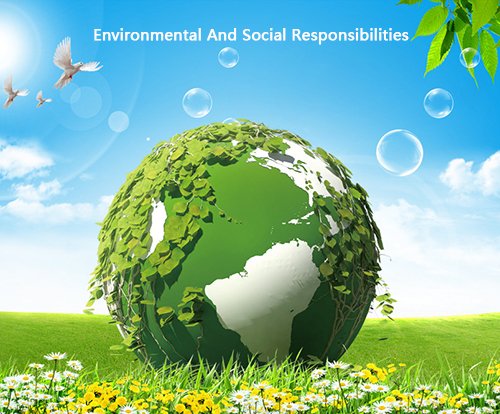Many countries around the world are getting more and more conscious about the negative impact the hazardous waste generation is making on our planet environment are in to help?

Image credit: NOAA
Here Are 8 Meaningful Ways To Contribute To Clean-Up Mother Earth
By: Amanda Laverty, Knauss fellow with NOAA’s Marine Debris Program April 18, 2017 – Here at the NOAA Marine Debris Program Earth Day is every day and we always are encouraging others to get involved and support efforts working toward a clean environment and a healthy planet. Our oceans are filled with items that do not belong there. Huge amounts of consumer plastics, metals, rubber, paper, textiles, derelict fishing gear, vessels, and other lost or discarded items enter the marine environment every day, making marine debris one of the most widespread pollution problems facing the world’s ocean and waterways. The ultimate solution to the problem lies with every single one of us—preventing marine debris in the first place. First, consider how you might personally contribute to marine debris and follow the “4Rs” whenever possible— Refuse unnecessary single-use items, like plastic straws or cutlery when possible; Reduce the amount of waste you produce by choosing products with less packaging; Reuse items when you can and choose reusable items over disposable ones; and Recycle as much as possible— bottles, cell phones, ink cartridges, and many other items can be recycled. Next, spread the word to others! Tell your family, friends, community, and more about this important issue and what they can do to help. Here are a few easy and effective ways you can choose to reduce your daily impact and make a world of difference:

- Re-useable Bags. Whenever possible, bring reusable bags to the grocery store or for any other shopping activities to reduce the consumption of disposable bags.
- Invest in a reusable water bottle. Acquiring a reusable water bottle would not only greatly reduce the amount of single-use plastic you use, but it would also save you money in the long run! If you’re concerned about the quality of your tap water, consider using a water filter.
- Bring your own reusable cup. Think about how many disposable cups are used every day in just your local coffee shop. Bringing a mug for your morning coffee can reduce the amount of waste you produce annually. Imagine how much waste we could reduce if we all made this simple daily change!
- Refuse single-use items. Take note of how often you rely on single-use items and choose to replace them with more sustainable versions. Refusing plastic straws and disposable cutlery when you go out and bring your own containers for leftovers are a few ways you can start today

Young man picking up trash with a group of volunteers on the beach - Avoid products with microbeads. Facial scrubs and beauty products containing plastic microbeads were banned in the United States in 2015, but won’t be fully phased out until 2019. Read the labels when purchasing products and opt for ones that contain natural scrubbing ingredients like salt or sugar.
- Shop in bulk. Consider the product-to-packaging ratio when purchasing items and choose larger containers instead of multiple smaller ones. When you have the option, also consider purchasing package-free foods and household goods.
- Make sure your waste goes to the right place. Do your best to ensure that the waste you dispose of ends up where it should. Recycle the materials that are recyclable in your area and make sure to reduce the likelihood of your garbage ending up in the environment by keeping a lid on your trash can when it’s outside.
- Compost. Composting at home reduces the volume of garbage sent to landfills and reduces the chance of some products becoming marine debris.
These are just a few ways that we can incorporate taking care of our ocean and Great lakes into our everyday lives. By doing our part to work toward a sustainable and debris-free planet, we’ll also be providing others with inspiration and a good example to follow. As individuals, we have the potential to make a big difference and together we can change the world. Learn more about NOAA’s Marine Debris Program and its mission to investigate and prevent the adverse impacts of marine debris.
This article is courtesy of NOAA and written by Amanda Laverty

